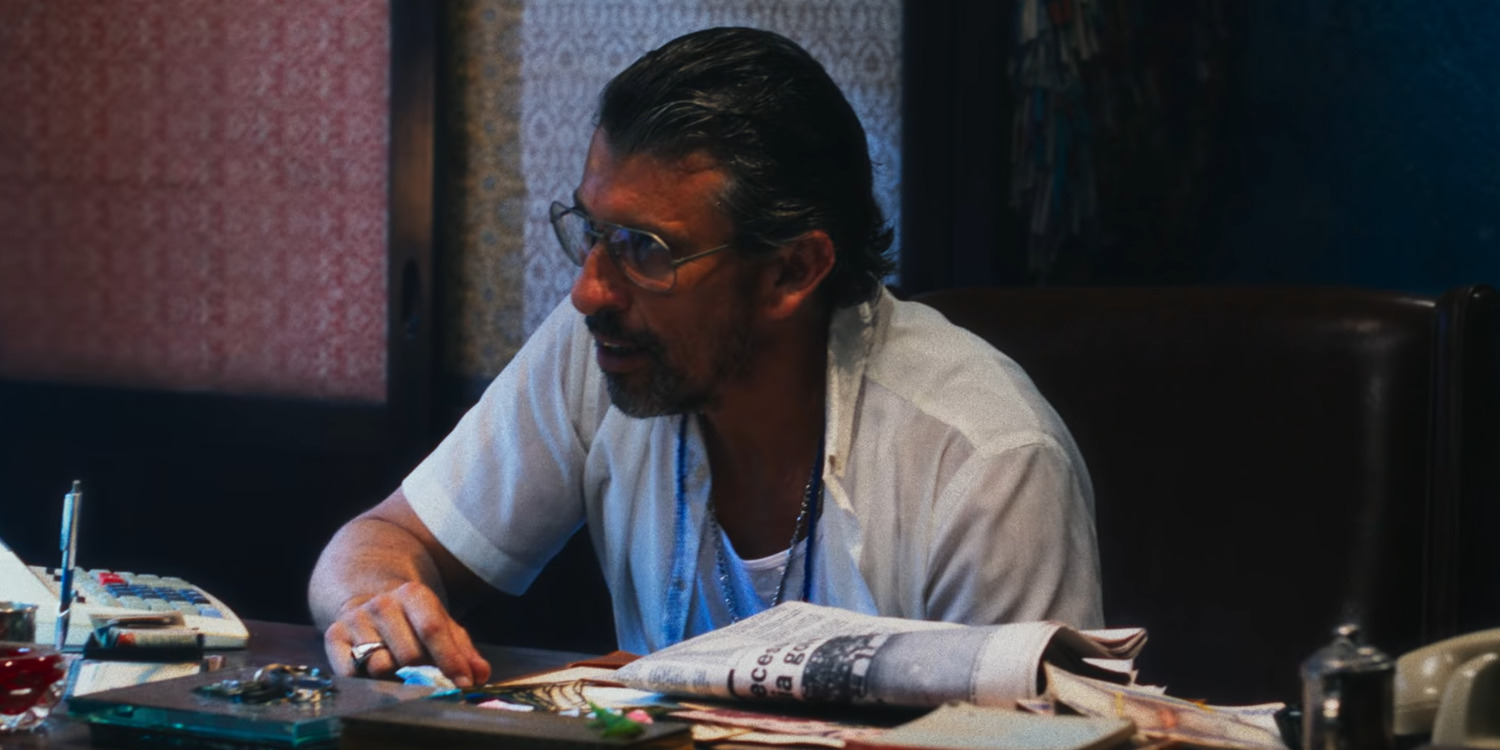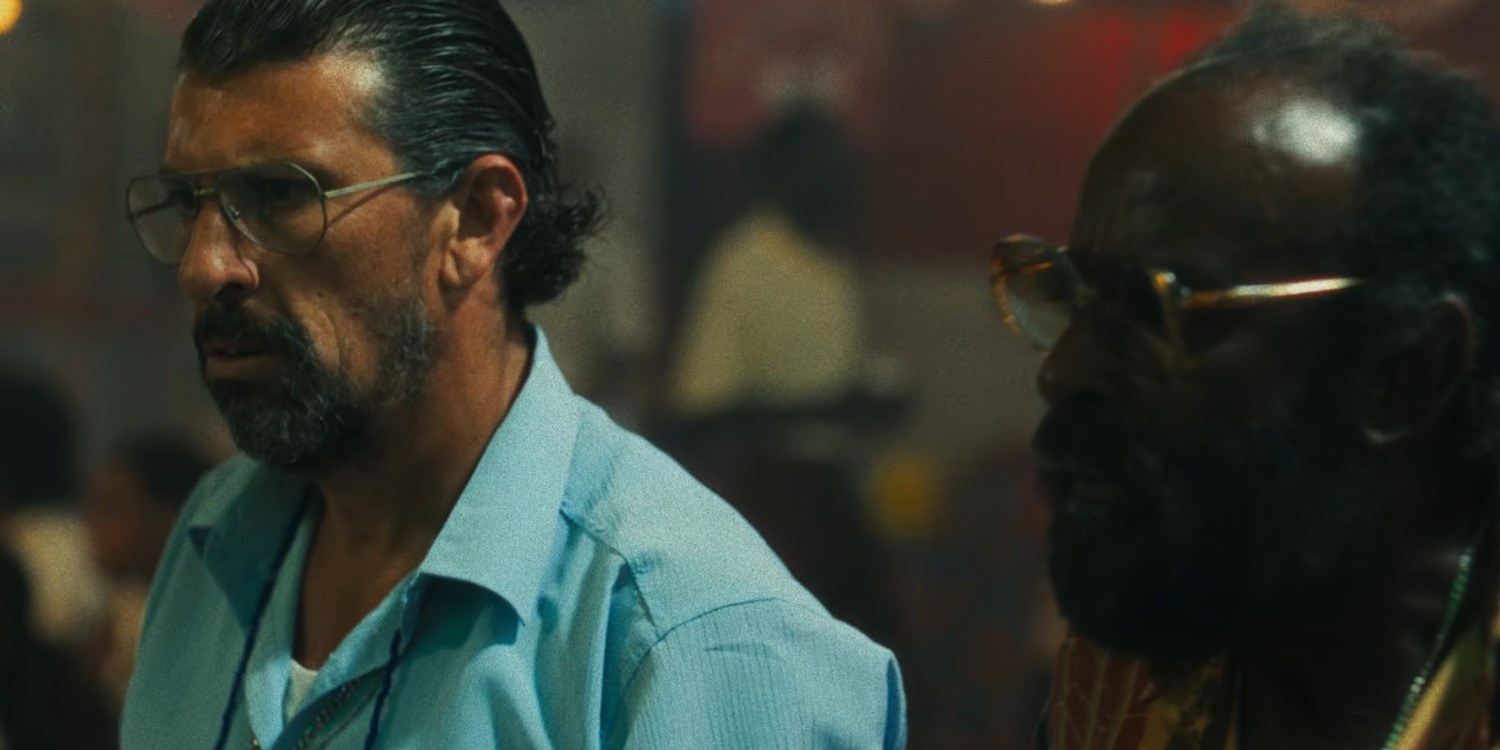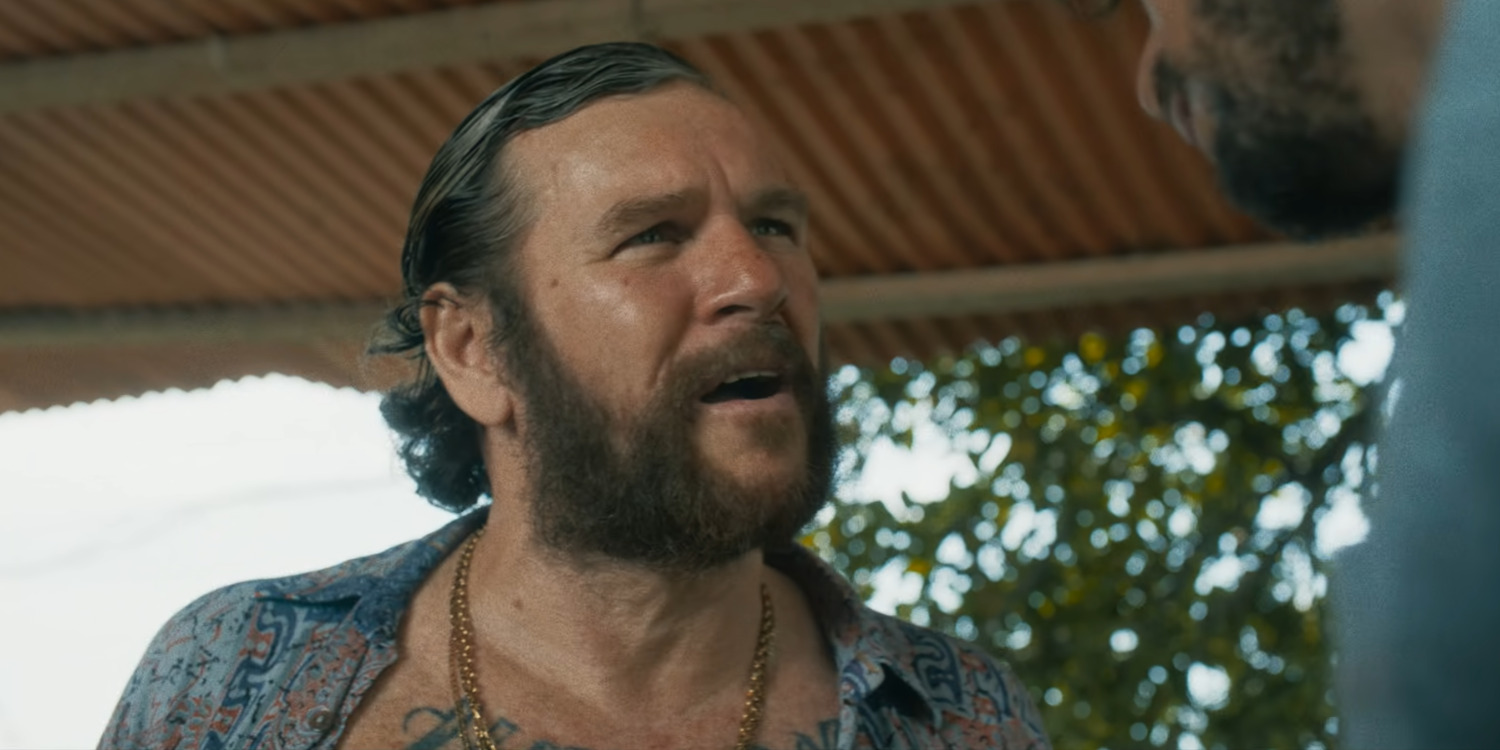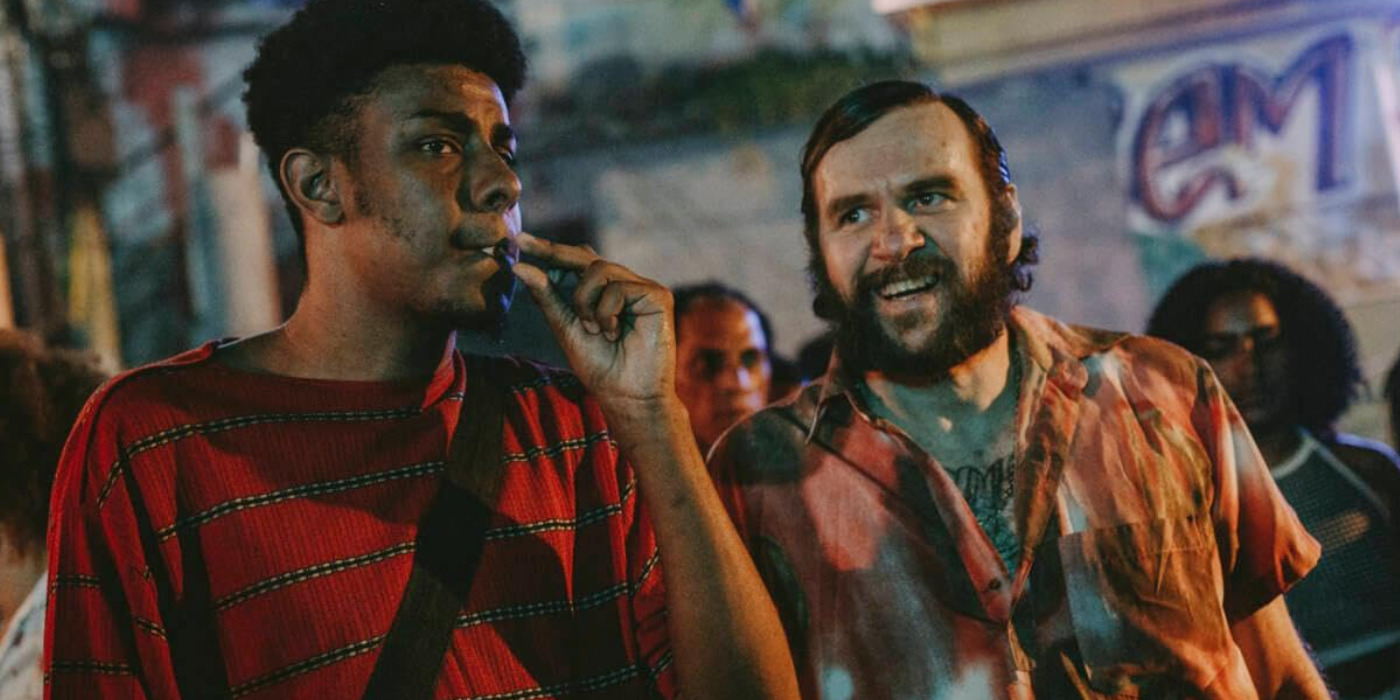In charting a tale about a female bandit’s rise to power within a gang-controlled favela of Rio de Janeiro, ‘Outlaw‘ employs the real-life story of Raquel de Oliveira as its base inspiration. Within its partially fictionalized narrative, the Brazillian crime film follows Rebeca, a Rocinha resident who falls in with the local drug gang at an early age after her grandmother sells her for cash. However, unlike other victims who are forced into prostitution, she goes down the path of becoming a weapon-wielding bandit. Thus, as time brings new changes to the favela, Rebeca goes from the chief’s daughter to the wife of the new resident drug lord.
As Rebeca’s life unfolds on screen—from childhood to young adulthood—several individuals within criminal circles stand out as a part of her storyline. Among them, Amoroso—the protagonist’s godfather—and Del Ray, the eventual chief controlling favela from behind the scenes, emerge as the most prominent. Therefore, viewers must be compelled to speculate about the potential of their origins in Oliveira’s real life.
Amoroso is Based on Raquel de Oliveira Real “Godfather”
Since ‘Outlaw’ is inspired by Raquel de Oliveira’s true-story-based novel, ‘A Número Um,’ a natural connection persists between the author’s life and Rebeca’s on-screen story. As a result, even though the film’s narrative equips creative liberty in crafting its storyline and characters, it inevitably holds base inspiration for its narrative framework in real life. Therefore, despite Amoroso’s significant fictionalization, the character can be traced down to a real-life individual whose influence over Oliveira’s life during childhood informed her future.

Much like in the film, Oliveira also underwent a tragic betrayal after her grandmother sold her to the local drug lord when the former was only nine years old. The man—whose name hasn’t been explicitly disclosed—was a godfather of sorts around the favela. He had a tendency to buy young girls from families, forcing them to serve under his control—usually in the form of forced prostitution. However, Oliveira evaded a similar fate after a priest of an Afro-Brazillian cult, Umbanda, told the Rocinha godfather to adopt her and raise her as his child.

Consequently, given the parallels between this actual godfather in Oliveira’s life and Amoroso’s on-screen depiction, the latter’s roots in reality remain evident. Even so, it’s crucial to remember that ‘Outlaw’ retains a significant amount of creative freedom within its narrative, which is levied as necessary. Therefore, Amoroso’s characterization ultimately possesses a real-life counterpart in regard to his influence over Rebeca’s on-screen tale. Nonetheless, the magnitude and the details of his criminal actions remain largely fictitious.
Del Rey’s Potential Connection to a Real-Life Drug Trafficker
Much like Amoroso’s character, Del Rey—the former’s rival and eventual underground head of Rocinha—also sports a basis in reality in terms of his influence over Raquel de Oliveira’s life. In the film, Del Rey is a high-profile criminal who begins dealing cocaine in the favela, much to Amoroso’s displeasure. Nonetheless, as his gang assassinates the other criminal, Del Rey soon takes over the favela, gaining control over the neighborhood. Even after he eventually ends up behind bars, the drug lord continues orchestrating things from the shadows.

In real life, a similar gang leader, Denis, once reigned over Rocinha. According to reports, Denis’ popularity within the favela ran so rampant that people protested his arrest when the police came knocking on his door. Likewise, under his gang’s control, the neighborhood was said to be free of any petty crimes to avoid unwanted attention from the authorities. Furthermore, according to Oliveira’s account, her partner, Ednaldo “Naldo” de Souza, idolized Denis, aspiring to follow in his footsteps—creating a direct parallel between Pará and Del Rey’s dynamic on-screen. As such, it is possible that Denis, the real-life criminal, served as an inspiration for Del Rey’s character. Therefore, while ultimately confined within the film’s narrative, Del Rey also potentially possesses partial inspiration in reality.
Read More: Outlaw (2024) Ending, Explained


You must be logged in to post a comment.